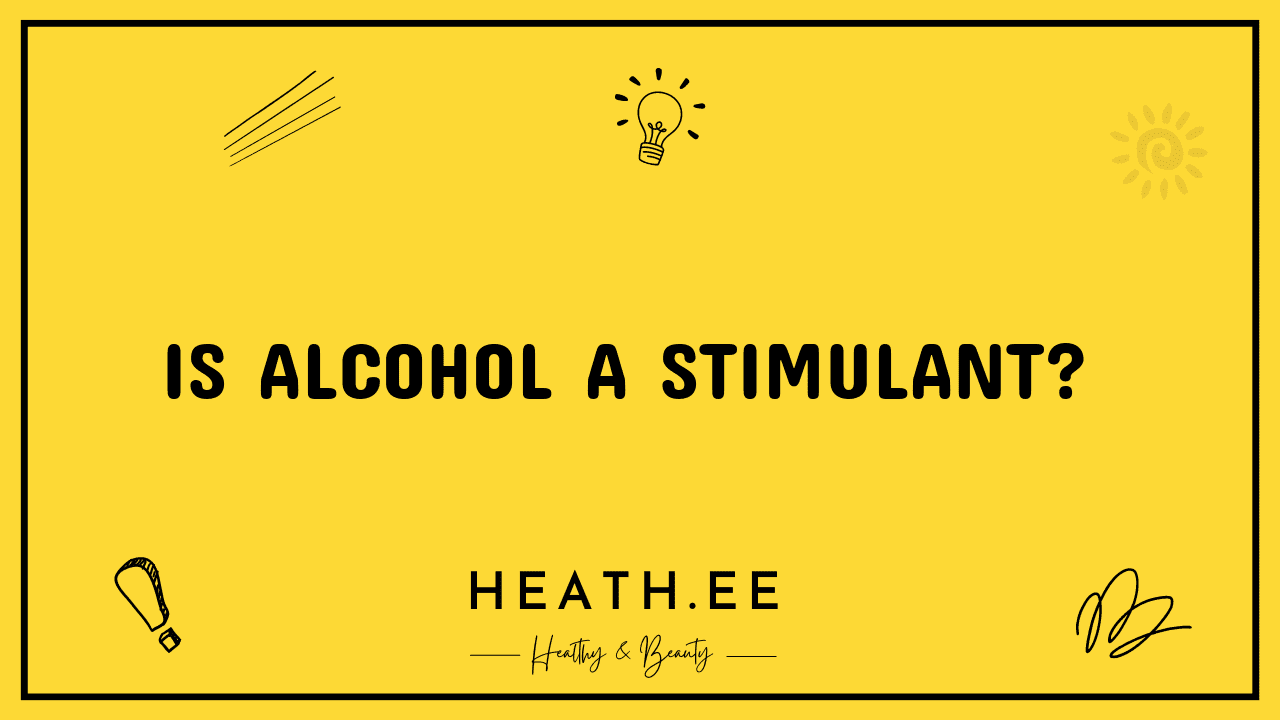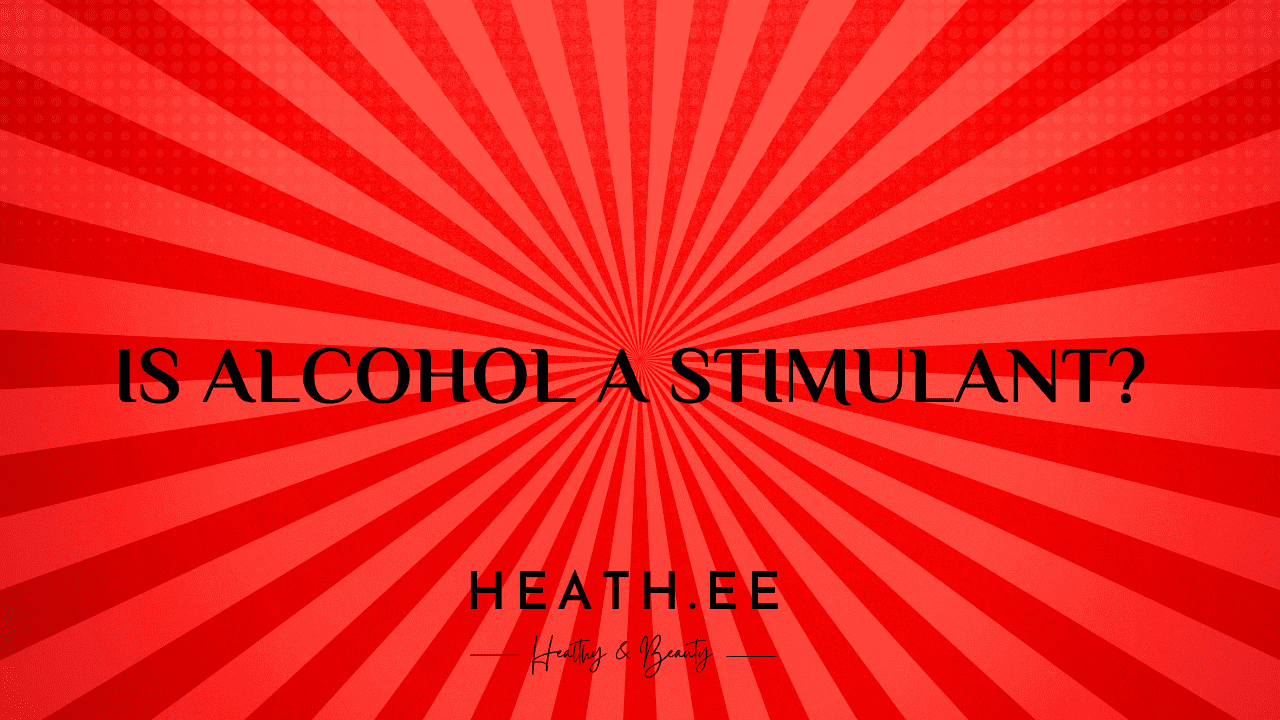Alcohol is a substance that has been around for centuries, and is still widely used today. But is alcohol a stimulant? The answer is not so simple. In this blog post, we’ll explore the effects of alcohol abuse, and whether or not it can be classified as a stimulant.
What is Alcohol?
Alcohol is a psychoactive substance, meaning it can alter a person’s mental state. It is a depressant, meaning it slows down the central nervous system. Alcohol is found in many forms, such as beer, wine, and spirits.
When consumed, alcohol is quickly absorbed into the bloodstream and travels to the brain, where it affects both physical and mental processes. It can cause changes in mood, behavior, and perception.

Is Alcohol a Stimulant?
The short answer is no. Alcohol is not a stimulant, but it can have stimulant-like effects. Alcohol is classified as a depressant, meaning that it slows down the central nervous system. However, when consumed in large amounts, alcohol can have stimulant-like effects.
When consumed in large amounts, alcohol can increase heart rate, blood pressure, and body temperature. It can also cause feelings of alertness, energy, and euphoria. These effects are similar to those of stimulants, but they are not the same.
What are the Effects of Alcohol Abuse?
Alcohol abuse can have serious physical and mental health effects. It can cause damage to the liver, heart, and brain, and can lead to addiction. It can also increase the risk of certain types of cancer.
Alcohol abuse can also have psychological effects. It can cause depression, anxiety, and other mental health problems. It can also lead to impaired judgment, aggression, and other risky behaviors.

How Does Alcohol Affect the Brain?
Alcohol affects the brain in many ways. It can interfere with the brain’s ability to process information, leading to impaired judgment and decision-making. It can also affect the brain’s reward system, leading to increased cravings for alcohol and a greater risk of addiction.
Alcohol can also affect the brain’s communication pathways, leading to memory problems, confusion, and difficulty concentrating. Long-term alcohol abuse can also lead to permanent damage to the brain, including damage to the frontal lobe, which is responsible for decision-making and impulse control.
What is Alcohol Poisoning?
Alcohol poisoning is a serious and potentially life-threatening condition that can occur when a person consumes too much alcohol in a short period of time. Symptoms of alcohol poisoning include confusion, vomiting, seizures, slow breathing, and loss of consciousness.
If left untreated, alcohol poisoning can lead to coma, brain damage, and death. If you or someone you know has consumed too much alcohol, seek medical attention immediately.
What is the Treatment for Alcohol Abuse?
The treatment for alcohol abuse depends on the severity of the problem. Treatment may include counseling, support groups, medication, and lifestyle changes. Treatment is most effective when it is tailored to the individual’s needs and goals.
If you or someone you know is struggling with alcohol abuse, seek help from a qualified medical or mental health professional.
Is Alcohol a Stimulant? The Bottom Line
Alcohol is not a stimulant, but it can have stimulant-like effects when consumed in large amounts. Alcohol abuse can have serious physical and mental health effects, and can lead to addiction and permanent brain damage. If you or someone you know is struggling with alcohol abuse, seek help from a qualified medical or mental health professional.



